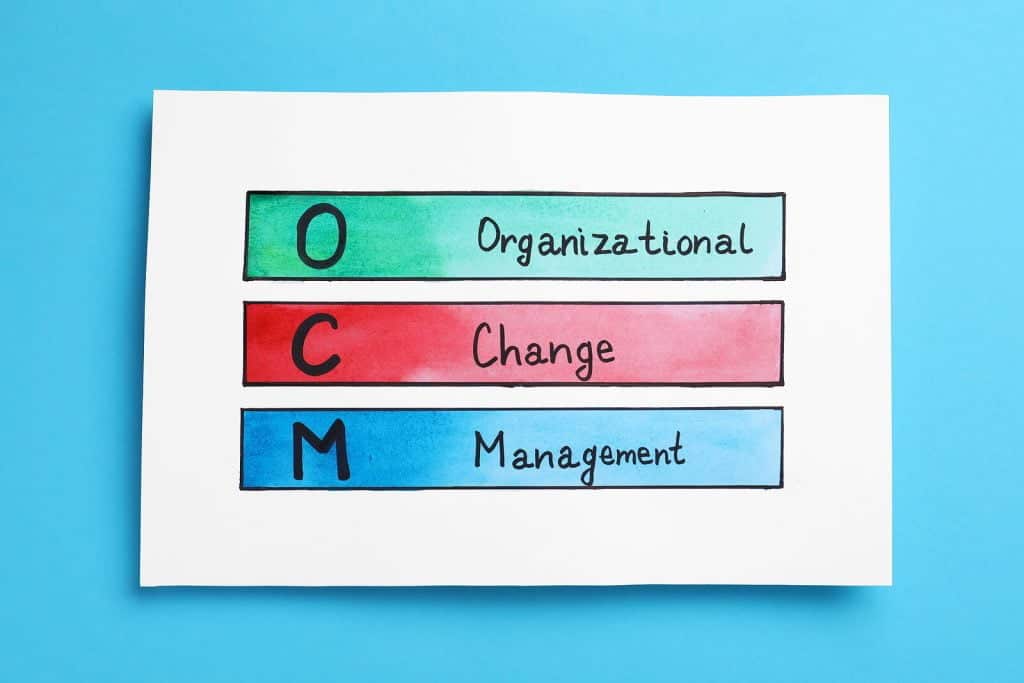Our Natural Human Response: Why We Fear Failing
Whether speaking in front of your peers and colleagues, introducing new management practices, adopting new methodologies, or scrapping your entire strategy and starting over, change is scary. Why? Because, very simply, we’re scared to fail – and with that failure wind up feeling embarrassed. And that’s a tough emotion to swallow.
That worry is so significant that, when pushed, we wind up believing we can’t succeed. And that’s overwhelming.
I see this all the time – and the stakes don’t have to be sky-high either. I’ve seen countless people hedge when it comes to introducing new change management initiatives, especially when it comes to adopting Kanban. They don’t want to try something new and fail – especially if they’ve tried to implement other management approches, unsuccessfully.
And when that happens? That fear of failure can keep even the most high-momentum professional from doing anything. Even though it’s obvious their current processes aren’t serving them anymore, they stop and stick with the status quo. And nothing changes.
But we don’t have to succumb to fear of failure. By unpacking and understanding our emotions, we can overcome even the most debilitating fears, moving out of our comfort zone. Sure it isn’t always comfortable, but that’s where opportunity, achievement, and growth happen.
Balancing Fear and Fight – Shifting Away From “Safe”
Our fear of failure switch tends to flip when we don’t feel entirely safe – when we’re taking risks and stepping out of our comfort zone. Face-to-face with those hurdles, our brain goes into hyperdrive. If I can’t do this or don’t succeed, how will I feel – and how will others feel about me?

And when we do push forward? Often that discomfort starts setting in. It’s not comfortable. It’s not fun. It’s stressful. It’s like our fears are coming true with every single step. So if we weren’t completely paralyzed before, the further we go down the path, the more our temperature rises – and the more we worry about what comes next.
Here’s where the shift happens. Instead of leaning into that fear, flip the script. Don’t look at the stress, anxiety, and uncertainty as a bad thing. Look at these physical and emotional reactions as signs of growth. When we aren’t 100% comfortable, we’re learning, growing, and changing. So the more comfortable we get with being uncomfortable, the more opportunities we’ll have for growth.
How, then, do you calm your own fear of failure and reshape your perspective when opportunities feel overwhelming? Follow these four steps:
#1 Acknowledge Your Fears
The first step to overcoming fear of failure is to recognize and acknowledge it as a natural, biological human emotion. In other words, everyone experiences fear of failure, at least to some degree.
With that fear recognized and named, it’s easier to act on. When you feel that fear pause and ask yourself why. Is your fear definitely going to be realized, or is it just a possibility? If it did come true, would it be as bad as it is in your head? Could you steer away from those worst-case scenarios? With logic comes clarity – and with clarity often comes a more accurate view of what (likely) comes next.

#2 Reframe Your Mindset
Discomfort – and even failure – means you’re growing and evolving. Shift your mindset and really lean in. Because the more comfortable you are living with that discomfort, the more likely you are to take mitigated risks, challenge yourself and your teams, and push your boundaries. That’s when the magic happens.
#3 Start Small
Afraid to take that next initiative and introduce change? Why not start small? Break your goal into smaller, more manageable steps and focus on achieving those first. This can help you build confidence and reduce the risk of failure – and fear.
Perform one action based on what you’re seeing. If there’s aging work that’s been assigned to someone who is currently unavailable, jump in and tackle the problem. Or if the work is delayed due to a third-party dependency, escalate the problem. These all are very low-risk initiatives that can be performed on a team level. But those small changes can build as your confidence does, leading to bigger, more evolutionary shifts before you know it.












Replies to This Discussion